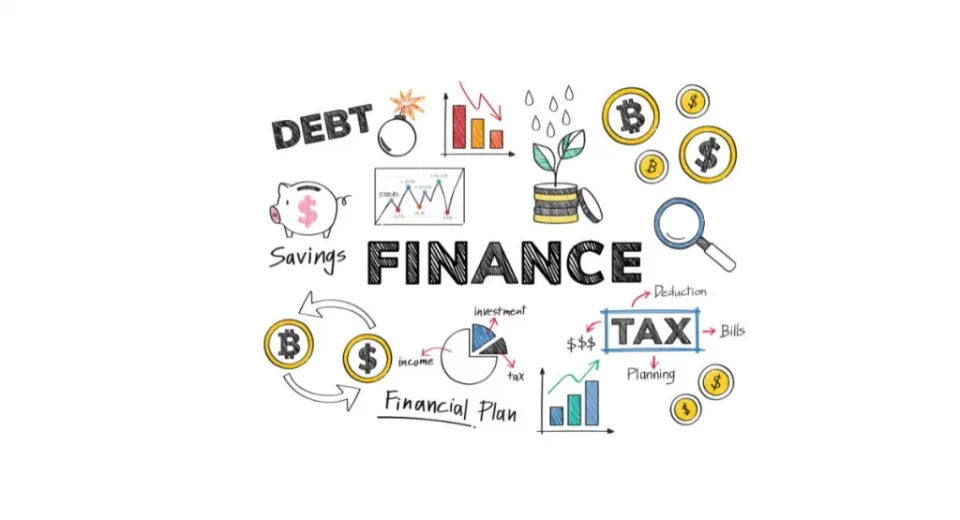By Frank Kamuntu
Personal finance is about managing your money to meet your personal financial goals. It involves evaluating your income (the money you earn on a regular basis), your recurring expenses (like rent or insurance payments), and how much you want to save or want to invest.
A financial goal could be something big like planning for your retirement fund or saving up for a car, or it could be something smaller, like saving 50 euros every month or buying your first stock. Personal finance is exactly that: personal. The first step is figuring out what you want to achieve. Then you can calculate how much money you’ll need to allocate each month to achieve that goal.
That said, personal finance is not a one-and-done deal. Keeping track of your finances is a lifelong practice. As we evolve as people, our financial needs and circumstances might change as well. So it’s a good idea to re-evaluate your personal finance goals every few years and adjust where needed.
Studies have indicated that personal finances are among the main causes of stress for adults. Worrying about upcoming expenses, going into debt or even stressing about losing your job can cause anxiety, depression and insomnia, all of which take their toll on your mental health. Tackling one’s personal finances head-on and creating a clear overview and a game plan can help to curb those worries and make you feel more stable.
In that sense, managing your money is a building block towards living a self-determined and secure life. From something as insignificant as buying your morning coffee to a life-changing step like taking out a mortgage, we are faced with financial decisions every single day. Therefore, it is important to learn money management skills as soon as possible and to regularly analyse your personal finances.
Budgeting is the key to managing your money. The basic idea behind budgeting is to make sure you don’t spend more money than you earn. You can achieve this by creating a structured plan that takes into account all of your income streams and then calculates how that money is paid out in terms of (1) expenses, (2) savings and (3) investing. A budget also includes having an emergency fund that you can tap into in case of unforeseen circumstances.
Budgeting is an easy and practical way to keep track of your finances while pursuing your long-term financial goals. It can show you where you might need to control your spending habits, especially if you tend to make impulse purchases or are a fan of retail therapy. Having a budget in place allows you to make better choices and, in return, worry less about overspending and debt. A budget is useful no matter your financial means. Remember: It is not about how much you earn but rather how much you save and invest.

